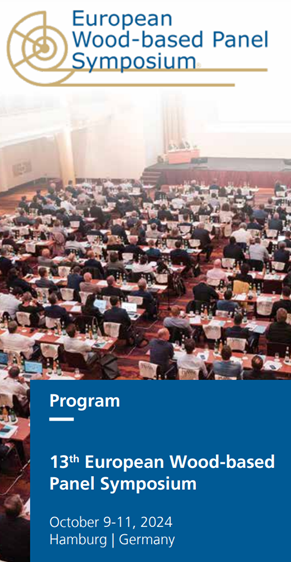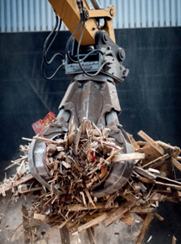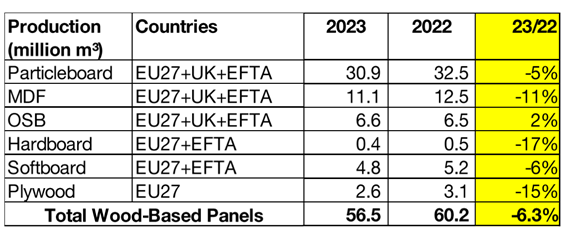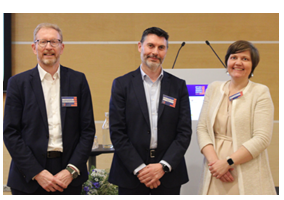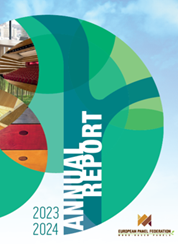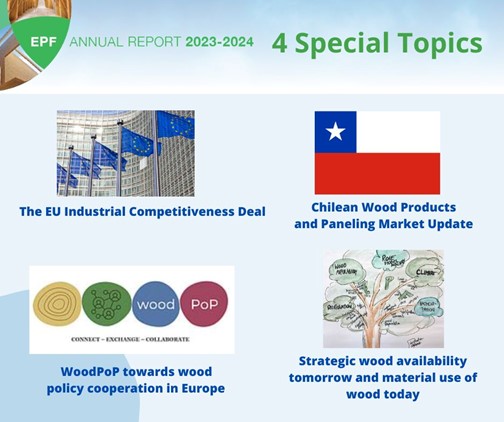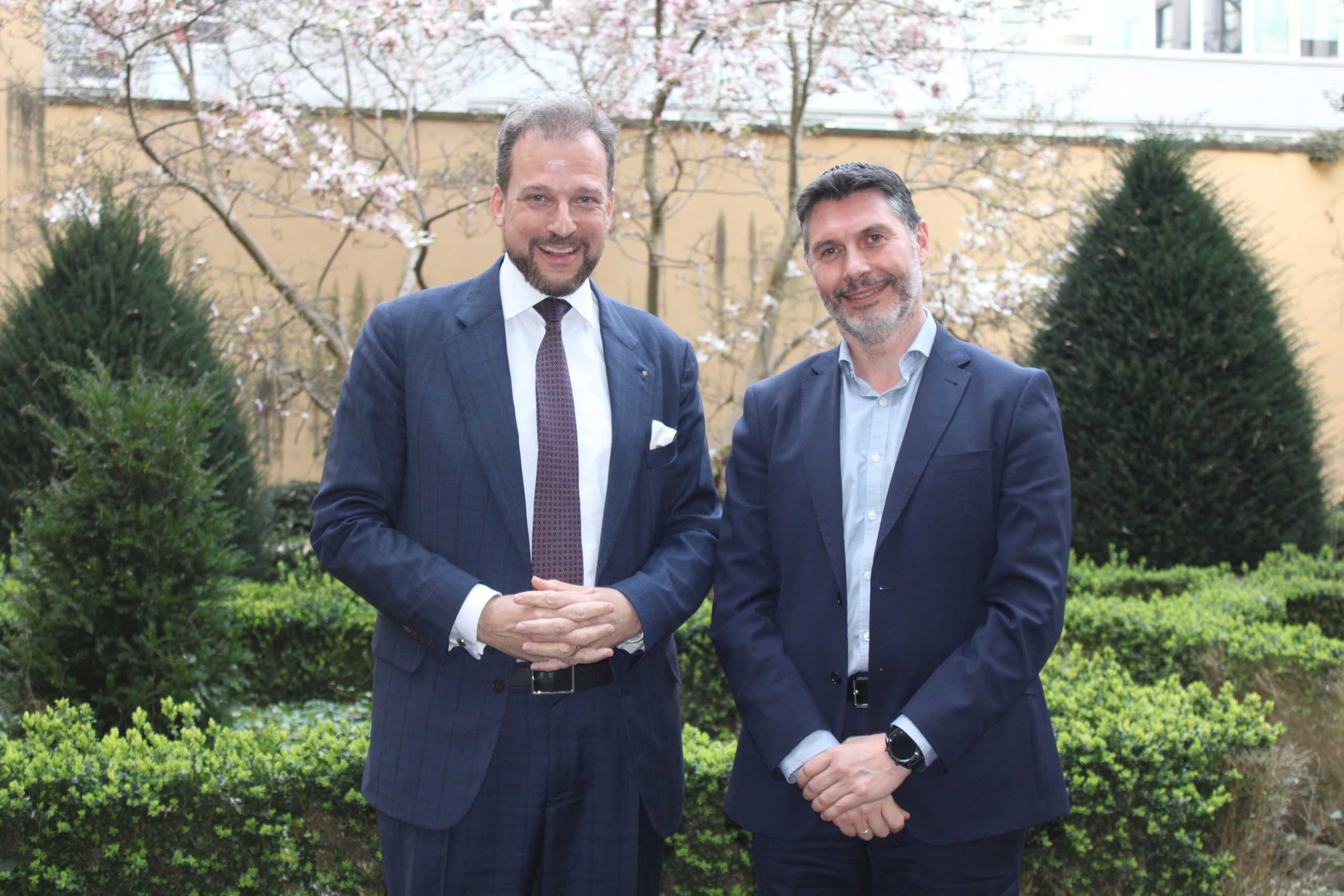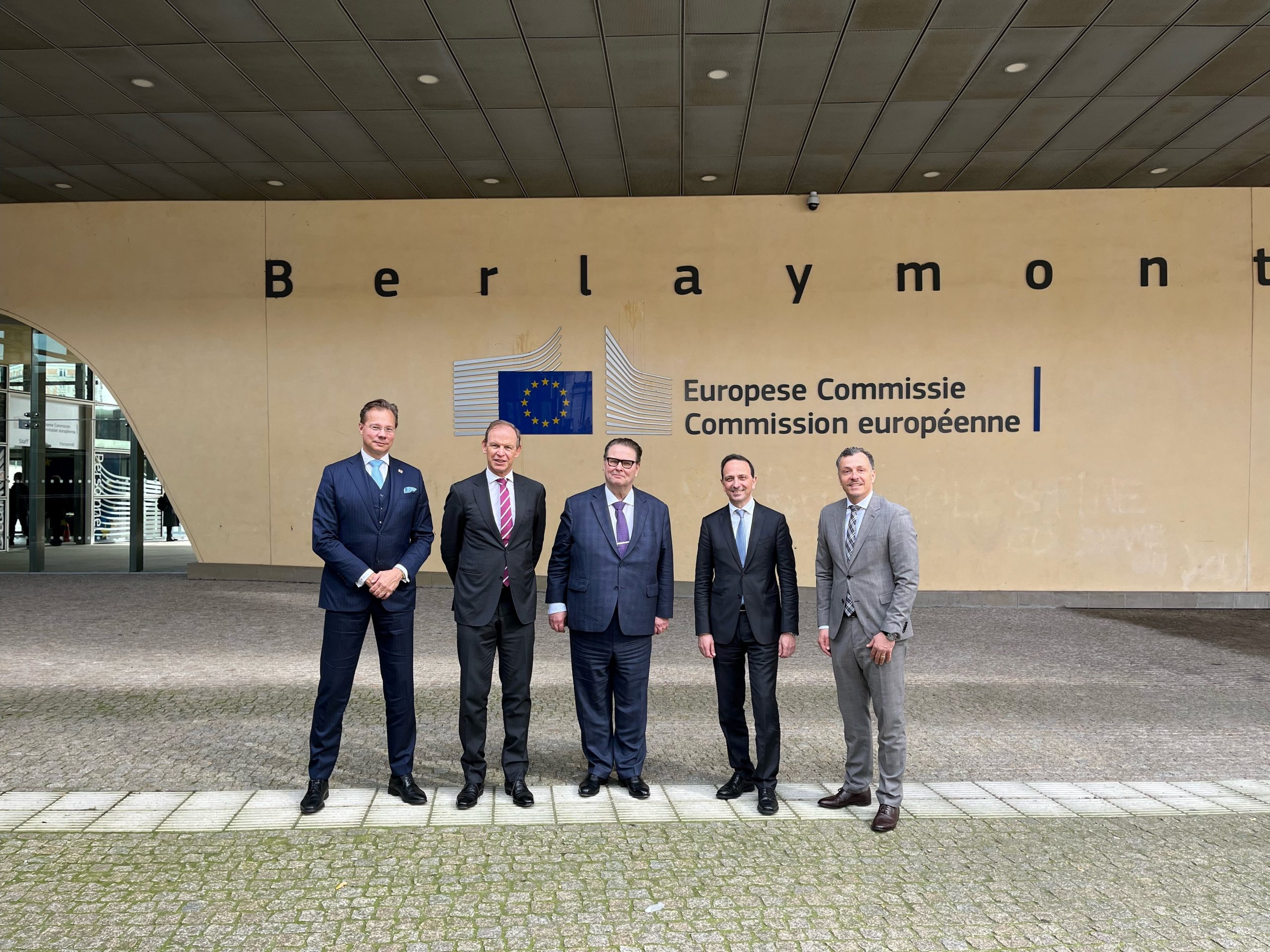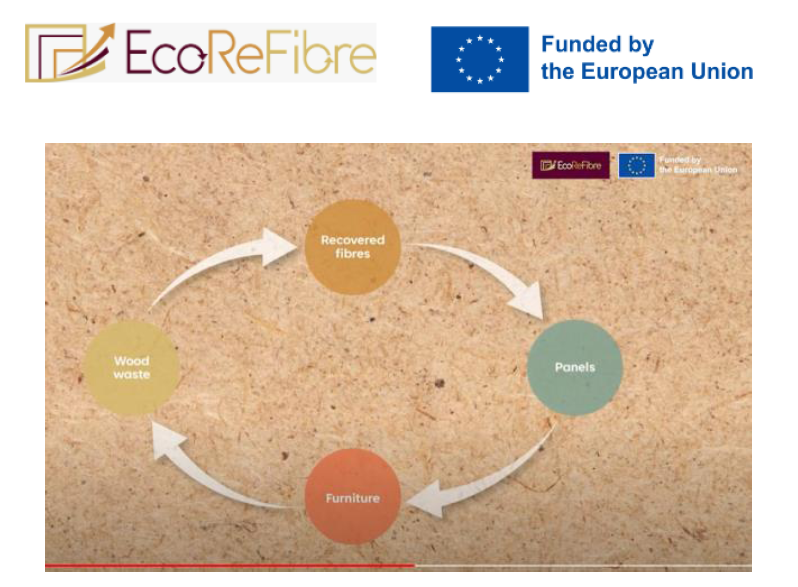PRESS RELEASE: 2024 European Wood-based Panel Symposium – Early bird registrations open until 2 August 2024 only. 27 September 2024 as final registration deadline
Brussels, 26 July 2024
Please kindly be reminded that online registration to take part in the 2024 European Wood-Based Panel Symposium is open via the Symposium website. Early bird registrations are possible until 2 August 2024. The final deadline to register is set for 27 September 2024.
This renowned networking event organised in cooperation with Fraunhofer WKI and with the support of iVTH and Hywax GmbH will take place on 9-11 October 2024 and aims to attract an international audience. 328 delegates from 28 countries attended the last edition in 2022.
The Symposium’s comprehensive programme has been designed to address the latest trends, challenges, and advancements within the industry. Serving as a forum for attendees from Europe and beyond, engaging presentations, insightful panel discussions, and exchange opportunities with peers and WBP industry stakeholders are to be expected.
Markets, Resources, Artificial Intelligence, Recycling, Resins and Developments are the 6 main thematic sessions foreseen during this high-level event.
Fraunhofer WKI and EPF Technical Director Mr Kris Wijnendaele will open the sessions. EPF Managing Board Member Mr Philipp Sprockhoff will deliver a keynote speech on the overview of the situation of the WBP industry. This will be followed by technical presentations and sessions.
In case of questions, please kindly contact EWBPS@wki.fraunhofer.de
For further information, please contact EPF Secretariat at info@europanels.org

